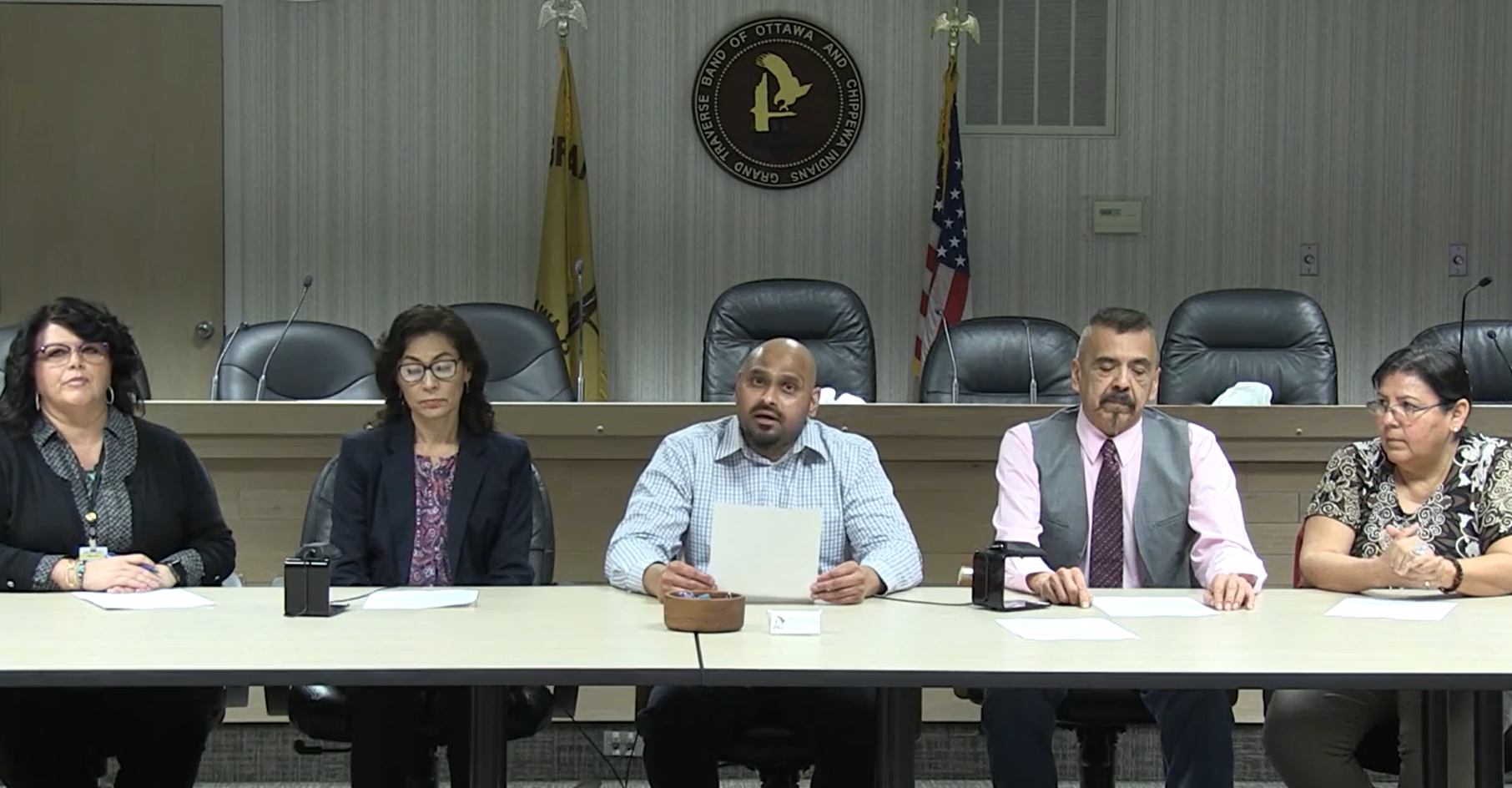Gun Lake Casino Bingo
- Gun Lake Casino announced plans last week for a $100 million dollar expansion of its casino, entertainment and dining venues. The ground breaking for the project is expected soon and itscompletion is expected in the summer of 2021. Rendering by JCJ Architecture. Courtesy of the Gun Lake Casino. Gun Lake Casino President and COO, Sal Semola, said.
- Well i been coming to gun lake casino since you had open. In 2011 and just saying i have never won at your casino. This year alone i have spent more money than i would like to say out load, i know, A lot. Never won at your casino. Lost every time. Now i know people have bad luck.
CobraCasino Gun Lake Casino Entertainment Schedule is powered by software provider Softswiss, which can be found in most modern casinos. This platform covers more than 30 game developers, including names such as NetEnt, Spinomenal, Habanero. Indian Nations, such as the Gun Lake Tribe, have established their own gaming commissions and have developed Tribal police forces and Court Systems to combat crime. Many Tribes have invested heavily in high-tech surveillance equipment.
Indian Nations are the front-line regulators of Indian gaming. They have placed the highest priority on the security of the industry.
Gun Lake Casino Bingo Schedule
No one has a greater interest in protecting the integrity of Indian gaming than the Tribes themselves. It is the most precious economic resource they’ve ever had. Tribes have agreed to allow the federal government to play a role in overseeing Indian gaming, but they will never rely on the federal government to be the primary protector against crime.
Indian gaming is already subject to more stringent regulation and security controls than any other type of gaming in the United States.

Tribal gaming operations are regulated at four distinct levels – Tribal government, state government, the National Indian Gaming Commission and federal government agencies such as the U.S. Justice Department, the FBI, the IRS and the Bureau of Indian Affairs.
Indian Nations, such as the Gun Lake Tribe, have established their own gaming commissions and have developed Tribal police forces and Court Systems to combat crime. Many Tribes have invested heavily in high-tech surveillance equipment. Because Indian Gaming (Class III) is a new emerging industry, only new “state of the art” electronic equipment and machines are in use. Indian Nations have established Industry Standards and Internal Controls. Tribes have more personnel by far regulating Tribal casinos than regulate Nevada casinos.
Compacts between states and Tribes give states some regulatory power over Indian gaming, though IGRA recognizes that the federal government has primary responsibility for government-to-government relations with sovereign Indian nations.
IGRA created three classes of gaming:
Class I – social games solely for prizes of minimal value or traditional forms of Indian gaming as a part of Tribal ceremonies or celebrations; Class II – bingo and related games, including pulltabs, lotto, punch boards, tip jars, instant bingo and some card games, excluding house banking card games such as blackjack and baccarat; and Class III – all forms of gaming that are not Class I or Class II, including slot machines and blackjack.
The National Indian Gaming Commission has extensive regulatory requirements for Tribal gaming operations and must give final approval to all Indian casino management contracts.
Class I gaming is regulated solely by Tribes. Class II gaming is regulated solely by Tribes if they meet conditions set forth in IGRA. Regulation of Class III gaming is governed by Tribal-state compact.
Gaming holds some hope for reducing Indian poverty, but it is not a panacea. Less than 1/3 of all Indian Nations have gaming operations. More states have lotteries (37) than have Indian gaming (21). Second, even where Tribes have built thriving gaming businesses, these limited and perhaps temporary successes cannot quickly reverse centuries of failed economics.
A flow chart of the regulatory structure looks like this:
Tribal Government
- establish Tribal Gaming Commission
- provide front-line regulation of Tribal gaming, including security and surveillance measures
- manage Tribal gaming operations
- adopt ordinances and issue licenses for gaming operations and employees including background checks
- negotiate compacts with state for Class III gaming
- provide protection and law enforcement
- establish Tribal Court
Department of Interior
- rules on land into trust issues
- rules on plans for allocation of Tribal gaming revenues
- conducts investigative studies
- approves Tribal-state compacts

National Indian Gaming Commission
Gun Lake Casino Reviews
- approves management contracts
- regulates gaming
- conducts background checks & reviews terms of contracts
- authority to enforce civil penalties & impose fines up to $25,000 per day and to order establishment closed
Department of Justice
- enforces criminal violation of gaming laws
- conducts background checks of key gaming employees
- conducts investigative studies
State Government
- negotiates compacts with tribes for Class III gaming
- enforces provisions of Tribal-state compact
Indian Nations are the front-line regulators of Indian gaming. They have placed the highest priority on the security of the industry.
No one has a greater interest in protecting the integrity of Indian gaming than the Tribes themselves. It is the most precious economic resource they’ve ever had. Tribes have agreed to allow the federal government to play a role in overseeing Indian gaming, but they will never rely on the federal government to be the primary protector against crime.
Gun Lake Casino New Years
Indian gaming is already subject to more stringent regulation and security controls than any other type of gaming in the United States.
Tribal gaming operations are regulated at four distinct levels – Tribal government, state government, the National Indian Gaming Commission and federal government agencies such as the U.S. Justice Department, the FBI, the IRS and the Bureau of Indian Affairs.
Indian Nations, such as the Gun Lake Tribe, have established their own gaming commissions and have developed Tribal police forces and Court Systems to combat crime. Many Tribes have invested heavily in high-tech surveillance equipment. Because Indian Gaming (Class III) is a new emerging industry, only new “state of the art” electronic equipment and machines are in use. Indian Nations have established Industry Standards and Internal Controls. Tribes have more personnel by far regulating Tribal casinos than regulate Nevada casinos.
Compacts between states and Tribes give states some regulatory power over Indian gaming, though IGRA recognizes that the federal government has primary responsibility for government-to-government relations with sovereign Indian nations.
IGRA created three classes of gaming:

Class I – social games solely for prizes of minimal value or traditional forms of Indian gaming as a part of Tribal ceremonies or celebrations; Class II – bingo and related games, including pulltabs, lotto, punch boards, tip jars, instant bingo and some card games, excluding house banking card games such as blackjack and baccarat; and Class III – all forms of gaming that are not Class I or Class II, including slot machines and blackjack.
The National Indian Gaming Commission has extensive regulatory requirements for Tribal gaming operations and must give final approval to all Indian casino management contracts.
Class I gaming is regulated solely by Tribes. Class II gaming is regulated solely by Tribes if they meet conditions set forth in IGRA. Regulation of Class III gaming is governed by Tribal-state compact.
Gaming holds some hope for reducing Indian poverty, but it is not a panacea. Less than 1/3 of all Indian Nations have gaming operations. More states have lotteries (37) than have Indian gaming (21). Second, even where Tribes have built thriving gaming businesses, these limited and perhaps temporary successes cannot quickly reverse centuries of failed economics.
A flow chart of the regulatory structure looks like this:
Tribal Government
- establish Tribal Gaming Commission
- provide front-line regulation of Tribal gaming, including security and surveillance measures
- manage Tribal gaming operations
- adopt ordinances and issue licenses for gaming operations and employees including background checks
- negotiate compacts with state for Class III gaming
- provide protection and law enforcement
- establish Tribal Court
Department of Interior
- rules on land into trust issues
- rules on plans for allocation of Tribal gaming revenues
- conducts investigative studies
- approves Tribal-state compacts
Gun Lake Casino Website
National Indian Gaming Commission

- approves management contracts
- regulates gaming
- conducts background checks & reviews terms of contracts
- authority to enforce civil penalties & impose fines up to $25,000 per day and to order establishment closed
Department of Justice
Gun Lake Casino Bingo
- enforces criminal violation of gaming laws
- conducts background checks of key gaming employees
- conducts investigative studies

State Government
Gun Lake Casino
- negotiates compacts with tribes for Class III gaming
- enforces provisions of Tribal-state compact